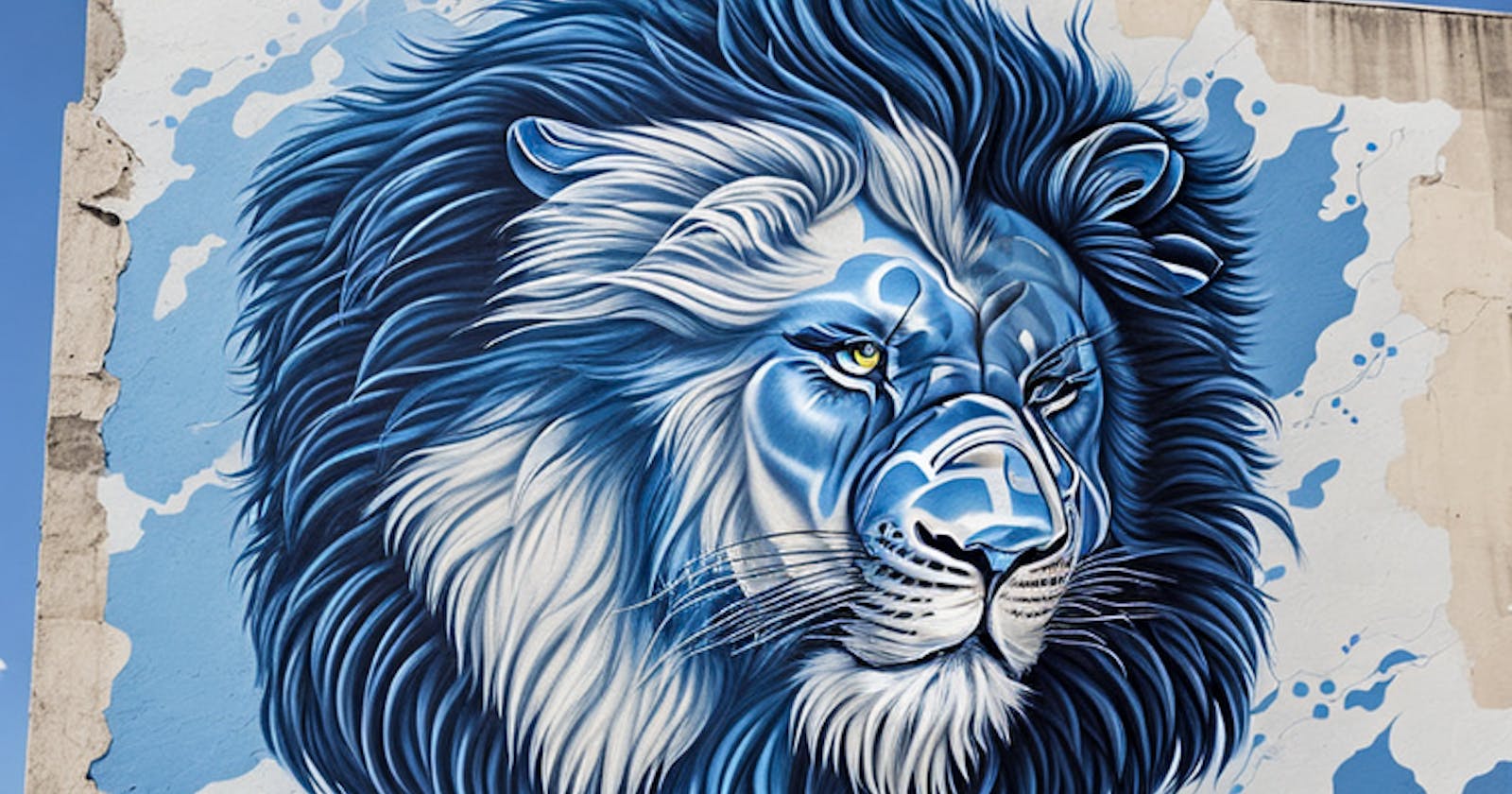Welcome to the era of Decentralized Autonomous Organizations (DAOs), where communities govern themselves through code and consensus. In this article, we'll explore the concept of DAOs, their benefits, real-world examples, challenges, and future potential.
Understanding DAOs
A Decentralized Autonomous Organization (DAO) is an organization governed by smart contracts and operated by its members rather than a centralized authority. DAOs leverage blockchain technology to enable transparent, trustless, and decentralized decision-making processes.
// Example Solidity code for a simple DAO contract
pragma solidity ^0.8.0;
contract MyDAO {
address[] public members;
function join() public {
members.push(msg.sender);
}
}
Benefits of DAOs
1. Decentralized Governance:
DAOs enable decentralized decision-making, allowing members to participate in governance processes without relying on intermediaries or centralized authorities.
2. Transparency and Accountability:
Blockchain technology ensures transparency and immutability of DAO operations, providing stakeholders with real-time visibility into transactions and decision-making.
3. Incentive Alignment:
DAOs align the interests of stakeholders through tokenomics and incentive mechanisms, fostering collaboration and collective ownership.
Real-World Examples of DAOs
1. DAOstack:
DAOstack is a platform for building and governing DAOs, empowering communities to organize, collaborate, and make decisions collectively.
2. MolochDAO:
MolochDAO is a grant-giving DAO focused on funding Ethereum ecosystem projects. Members pool funds and vote on grant proposals to support initiatives aligned with the DAO's mission.
Challenges and Future Potential
1. Regulatory Uncertainty:
The regulatory landscape surrounding DAOs remains uncertain, posing challenges for their adoption and operation within existing legal frameworks.
2. Governance Scalability:
As DAOs grow in size and complexity, scalability becomes a challenge, requiring innovative governance mechanisms and infrastructure solutions.
3. Security Risks:
DAOs are susceptible to security risks and vulnerabilities, including smart contract bugs and governance attacks. Robust security protocols and auditing are essential to mitigate these risks.
Future Potential of DAOs
1. Democratizing Governance:
DAOs have the potential to democratize governance structures beyond blockchain communities, enabling decentralized decision-making in traditional organizations and institutions.
2. Economic Empowerment:
By democratizing access to capital and resources, DAOs can empower marginalized communities and drive economic inclusion on a global scale.
3. Innovation and Collaboration:
DAOs foster innovation and collaboration by providing a platform for diverse stakeholders to contribute ideas, resources, and expertise to shared goals and initiatives.
Conclusion: Shaping the Future of Decentralized Governance
As we witness the rise of Decentralized Autonomous Organizations, it's clear that they hold immense potential to reshape the way we organize, govern, and collaborate. By leveraging blockchain technology, DAOs offer a vision of decentralized governance that is transparent, inclusive, and resilient.
Whether you're a developer, investor, or community member, the DAO revolution invites you to participate in shaping the future of decentralized governance and collective action. Together, we can build a more equitable, transparent, and collaborative world through DAOs.
